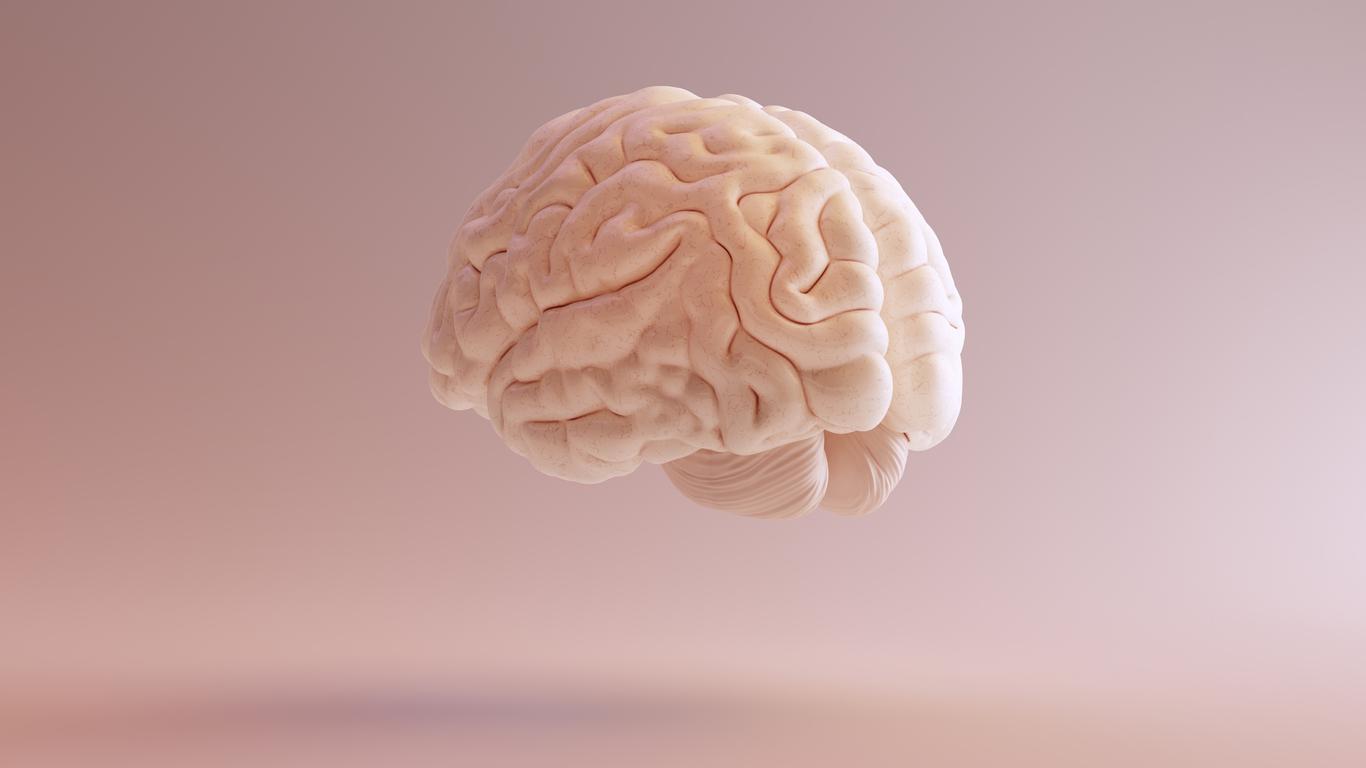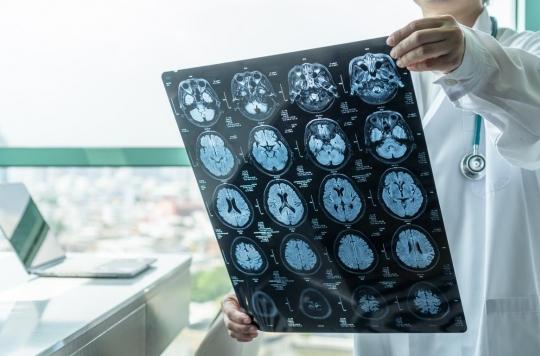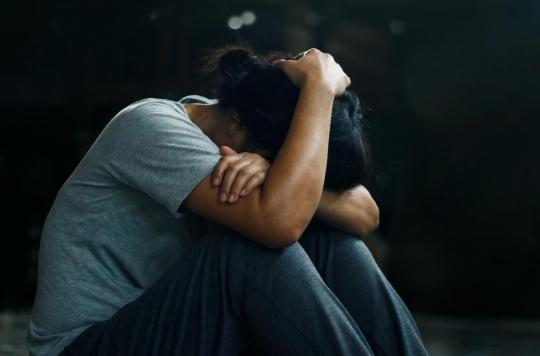The attacks of November 13, 2015 left 131 dead and 350 injured. Many of the survivors suffer from post-traumatic stress disorder (PTSD).

- Twenty defendants will be tried in the trial of the attacks of November 13, 2015, which is due to open in Paris on September 8, 2021.
- Among them, 14 will be present, including Salah Abdeslam, the sole survivor of the commandos.
While the extraordinary trial of the attacks of November 13 will open in Paris from September 8, many victims and their relatives suffer from post-traumatic stress disorder, without necessarily being aware of it. Here are the elements that make it possible to identify this syndrome, and therefore to treat it.
Definition
Post-traumatic stress disorder is an anxiety disorder that differs from others by its origin: a traumatic event. This can be attacks like those of November 13, 2015 in Paris, but also an armed robbery, a road accident, a natural disaster, war or even physical or sexual abuse. Faced with this type of event, it is normal to feel a shock: this is the so-called reaction of “acute stress”, which usually lasts less than a month. But in some people, this period of stress persists for an abnormally long time, from several weeks to several months. We speak then “post-traumatic stress disorder”.
Symptoms
We must think of a post-traumatic stress disorder when the person complains of three main categories of problems:
– she continually relives the traumatic scene in thought or in nightmares (signs of reliving).
– she tries to avoid anything that could directly or indirectly remind her of the trauma (signs of avoidance and emotional numbness).
– despite the absence of imminent danger, she is frequently on the lookout and in a state of hypervigilance.
Nearly a third of people with post-traumatic stress disorder also suffer from proven depression, which can make it difficult to understand the real state of the patient. Other health problems that may be associated with post-traumatic stress disorder are anxiety states, chronic pain, sexual disorders, compulsive behaviors (shopping, betting) or drug and alcohol abuse. or medication.
Duration
The intensity and duration of post-traumatic stress disorder are highly variable, ranging from a few weeks to several years. About half of people who show signs of post-traumatic stress recover spontaneously within a year or two. In others, post-traumatic stress disorder becomes chronic and requires medical attention.
Possible treatments
Several therapies are effective in treating post-traumatic stress disorder: behavioral therapy, cognitive therapy; cognitive behavioral therapy; EMDR (Eye Movement Desentization and Reprocessing); psychoeducation; anxiety management strategies; cognitive correction and exposure in imagination and in vivo.
Some antidepressant drugs also have a beneficial effect on post-traumatic stress disorder, demonstrated in clinical studies. Without going as far as a medical consultation, talking about your trauma to your loved ones can also be enough to solve the problem.

.











-1590157945.jpg)



